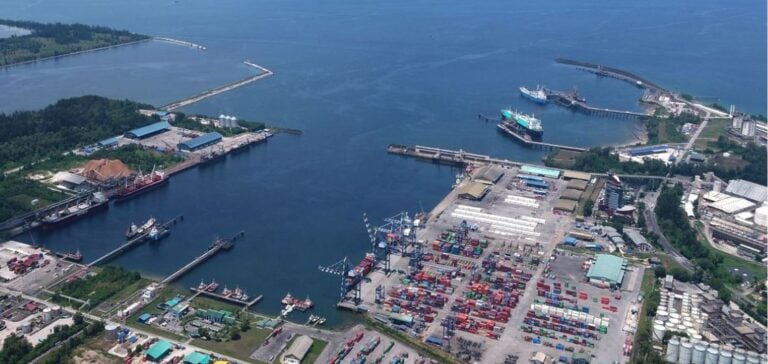Technical problems encountered by Petronas at the Bintulu terminal are causing delays in LNG (liquefied natural gas) loadings.
A heat exchanger failure affects at least one MLNG Tiga production unit, disrupting deliveries scheduled for August.
Background and Impact
These delays occur during a critical period of high energy demand in Northeast Asia, where summer temperatures frequently exceed 30°C.
Customers affected include Osaka Gas, Toho Gas, Tohoku Electric, Tokyo Gas, as well as CNOOC and Kogas, who have been asked to postpone shipments from several days to over a week.
Despite these setbacks, shipments are not cancelled, but simply postponed.
The Bintulu complex comprises three production trains at MLNG and MLNG Dua, as well as two trains at MLNG Tiga, with a total annual capacity of almost 30 million tonnes.
This infrastructure is one of the largest LNG export capacities in the world.
Effects on the LNG market
The delays at Bintulu are having a knock-on effect on the LNG market, which is already stretched by high summer demand.
The benchmark LNG price for Northeast Asia, JKM, was valued at USD 12.772/MMBtu on August 5, down 1.11% despite the high temperatures.
LNG tankers continue to leave the Bintulu terminal despite delays.
The Puteri Nilam, chartered by Malaysia LNG, left on August 5 and is due to arrive in Incheon on August 23.
The Lagenda Serenity, chartered by Petronas, left the terminal on August 1 and is due to arrive in Shanghai on August 7.
Currently, the Fuji LNG, also chartered by Malaysia LNG, is moored at the Bintulu terminal.
Analysis and outlook
The technical incident at Bintulu highlights the vulnerability of LNG infrastructures, particularly during periods of high demand.
Although these delays are temporary, they serve as a reminder of the importance of rigorous maintenance and resilience of energy infrastructures.
Companies need to remain vigilant in the face of unforeseen technical events that can disrupt supply chains.
Petronas’ response is still awaited, leaving many wondering about the true extent of the outage.
Market players are closely monitoring the situation to assess the potential impact on future deliveries and prices.
The situation also highlights the need for importing countries to diversify their LNG supply sources in order to minimize the risks associated with one-off disruptions.
LNG producers could be encouraged to step up their efforts to fill gaps in the Asian market.
The incident underlines the importance of technological innovation and proactive maintenance to ensure reliable operations in the LNG sector.
Industry players also need to step up their cooperation to develop effective solutions to technical and logistical challenges.






















